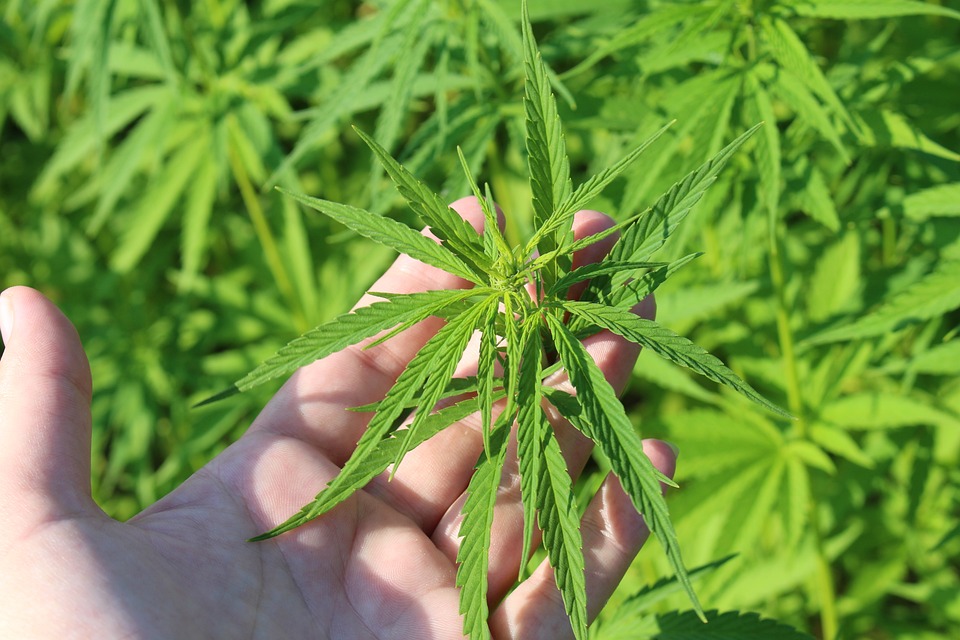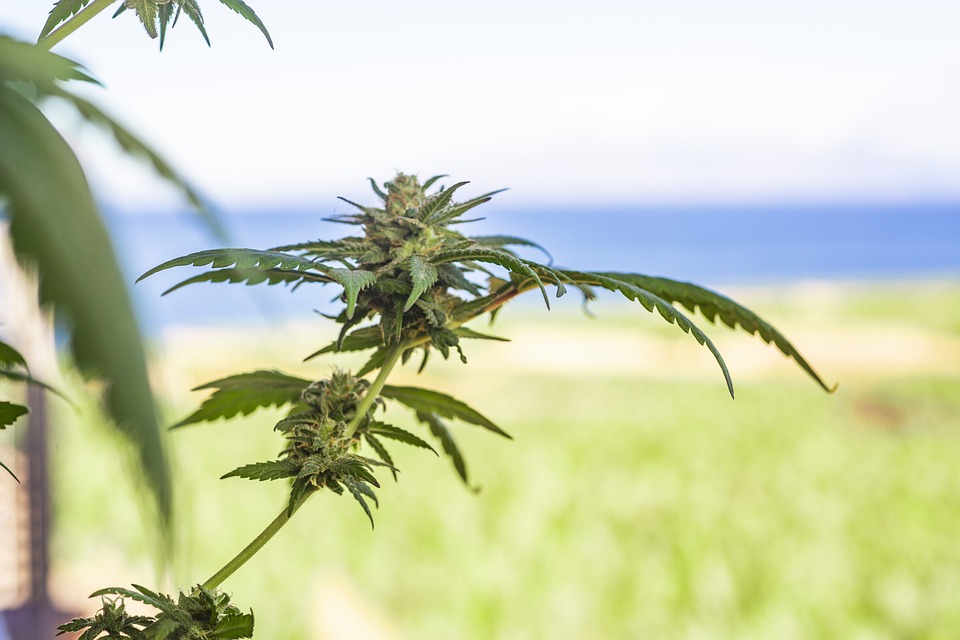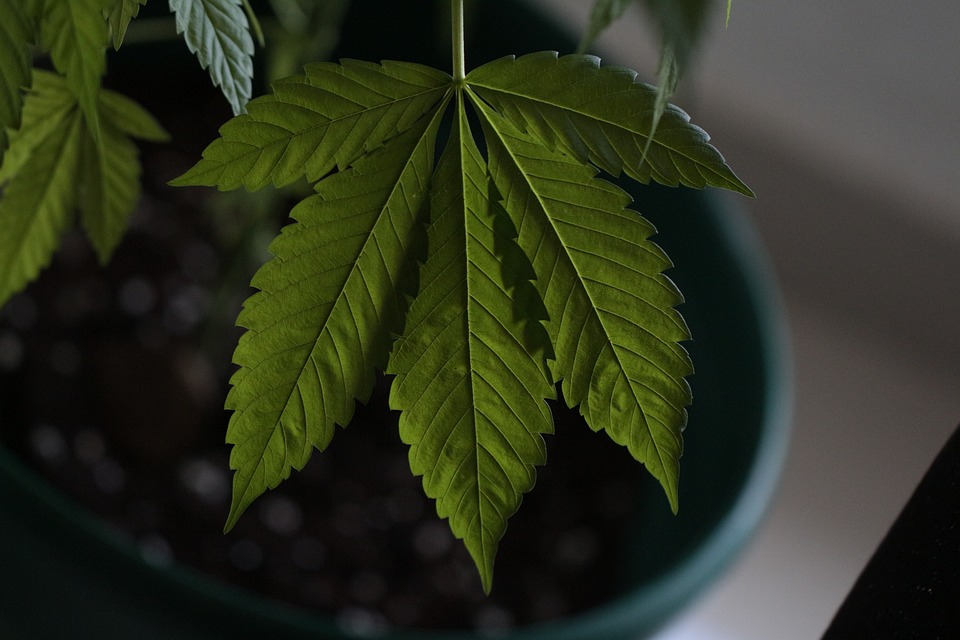The Benefits of Cannabis: Debunking Myths and Dispelling Stigmas
For decades, cannabis, also known as marijuana, has been surrounded by controversy and misconception. Many people have been led to believe that cannabis is a dangerous drug with no redeeming qualities, and that its use is strictly recreational. However, the truth could not be far from the opposite. In this article, we will delve into the numerous benefits of cannabis, debunking myths and dispelling stigmas surrounding its use.
Myth 1: Cannabis is a gateway drug
Many people believe that cannabis use is a stepping stone to harder drugs, leading to addiction and substance abuse. Research has consistently shown, however, that cannabis is not a gateway drug. According to the National Institute on Drug Abuse (NIDA), “there is no conclusive evidence that the use of [marijuana] creates physical dependence or leads to the use of other drugs.”
Myth 2: Cannabis is addictive
While it is true that some people can develop a psychological dependence on cannabis, the majority of users do not experience addiction. In fact, a study published in the Journal of the American Medical Association (JAMA) found that only 24% of cannabis users met the criteria for cannabis use disorder (CUD). This is significantly lower than the rates of addiction associated with other drugs, such as opioids (around 80%) and benzodiazepines (around 50%).
Myth 3: Cannabis has no medical benefits
Cannabis has been used for centuries for its medicinal properties, and its potential therapeutic benefits have been extensively researched. Some of the most promising areas of study include:
- Pain relief: Cannabis has been shown to be an effective alternative to opioids for managing chronic pain, with fewer side effects and no risk of overdose.
- Seizure reduction: Studies have found that cannabis can help reduce the frequency and severity of seizures in patients with epilepsy.
- Nausea relief: Cannabis has been used to alleviate nausea and vomiting associated with chemotherapy, as well as other conditions such as migraines and irritable bowel syndrome (IBS).
- Anxiety and PTSD treatment: Cannabis has been found to be effective in reducing symptoms of anxiety and post-traumatic stress disorder (PTSD) in some individuals.
Myth 4: Cannabis impairs cognitive function and memory
While cannabis can impair short-term memory and cognitive function, particularly in heavy, long-term users, the scientific consensus is that it does not lead to permanent cognitive decline. A study published in the Journal of Psychopharmacology found that THC, the primary psychoactive compound in cannabis, may actually improve cognitive flexibility and problem-solving skills in healthy individuals.
Myth 5: Cannabis causes the “munchies” and leads to overeating
While cannabis can stimulate appetite, this is not necessarily linked to overeating or unhealthy eating habits. A study published in the Journal of Addictive Diseases found that people who use cannabis regularly are less likely to be obese or have other eating disorders compared to non-cannabis users.
Final Thoughts
The benefits of cannabis go far beyond its recreational use. With a growing body of research supporting its potential therapeutic benefits, it is time to reevaluate the stigmas surrounding cannabis. By debunking myths and dispelling misconceptions, we can work towards a more nuanced understanding of this complex and multifaceted substance. As a society, we must prioritize the health and well-being of our citizens, and consider the potential benefits of cannabis in addressing some of the world’s most pressing health challenges.
As you ponder the benefits of cannabis, remember that it is essential to approach cannabis use responsibly, just as with any substance. By educating ourselves and others about the facts, we can create a more informed and compassionate discussion around this often-misunderstood drug.









Comments (13)
This really shows how important education is to changing the stigma around cannabis.
This article is amazing! So much good info, I learned alot. Really opened my eyes to the benefits of cannabis. Thanks!
Cannabidiol (CBD) is a non-psychoactive compound found in cannabis, it has shown promise in treating anxiety and chronic pain.
The article lacks sufficient citations and credible sources. Its claims are unsubstantiated and require further verification from reliable studies.
Glad to see these myths getting debunked—cannabis has so much potential that’s been overlooked for too long!
This is just another attempt to normalize drug use. Ignoring the very real dangers of addiction is reckless and unethical.
I found this article incredibly informative and well-researched. It successfully challenges common misconceptions surrounding cannabis use, presenting a balanced perspective on its potential benefits and risks. My only critcism? A little more detail on long-term effects would be nice!
It’s wild that people still think cannabis is addictive. It’s way less addictive than alcohol or tobacco!
It’s about time we bust those old cannabis myths—so much potential being overlooked!
Tetrahydrocannabinol (THC) is the main psychoactive component of cannabis, responsible for its intoxicating effects. Its effects vary widely depending on the individual and the strain.
You say cannabis is harmless? What about the gateway theory? And lung damage? You’re ignoring crucial counterarguments!
I had no idea cannabis could improve cognitive flexibility! It’s crazy how much misinformation is out there. 🤯
Great article! It’s good to see responsible discussion of this plant. It has potential therapeutic uses, but regulation is key.